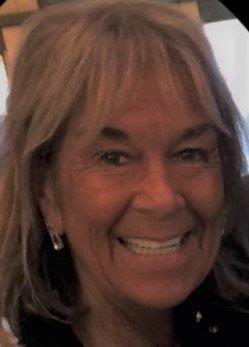DID YOU KNOW?
Many people who need long-term care are unaware that they have the choice to live in the community, rather than a nursing home or institution. If you are struggling with the decision on how to care for yourself or your loved one, contact CORD. We can help you navigate through the system to discover what your options are to live independently.
The Massachusetts Personal Care Attendant (PCA) Program assists people with disabilities who need help with activities of daily living such as bathing, mobility, meal prep and more, to live at home independently. This program provides personal care services for people with disabilities who are on MassHealth. This is consumer-directed, which means you decide who to hire, train them on how to meet your needs and determine the schedule they work. You are the one in control instead of an agency.
Another MassHealth program is Adult Foster Care. Instead of living in a nursing home or another institutional facility, people with disabilities and elders, including those with Alzheimer’s or related dementias, who can’t live on their own move into a caregiver’s home, or alternatively, have a caregiver move into their home. If you are the caregiver for your family member at home, you may be eligible to receive funding for the care you are providing.
My role with CORD is as the Transition Coordinator. I work with consumers who want to live in the community instead of a nursing home. I have a personal history in making it possible to have my loved one live at home, rather than institutional care.
The Olmstead Decision made this possible: Olmstead, or Olmstead v. LC, is the name of the most important civil rights decision for people with disabilities in our country’s history. This 1999 United States Supreme Court decision was based on the Americans with Disabilities Act. The Supreme Court held that people with disabilities have a qualified right to receive state funded supports and services in the community rather than institutions.
I look forward to hearing from you!
Jeri DiCostanzo, CORD Transition Coordinator
jeri@cilcapecod.org

